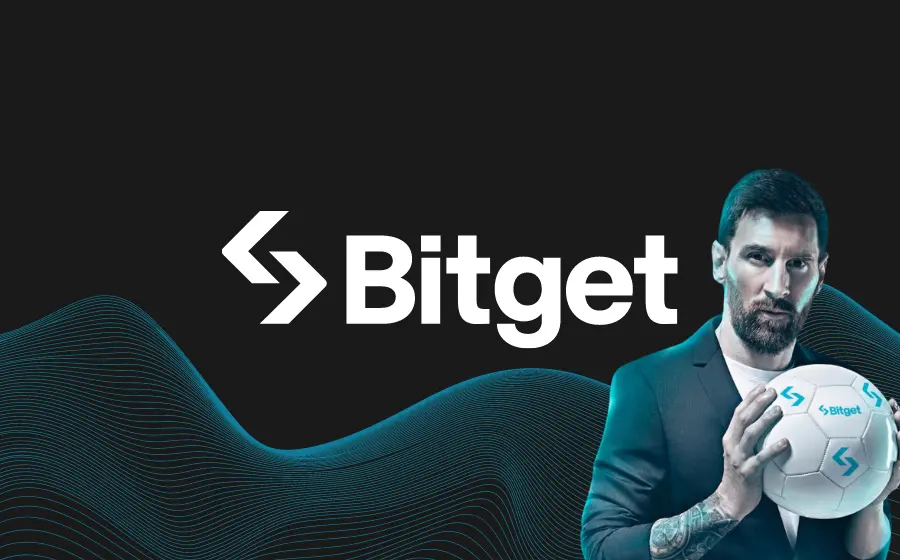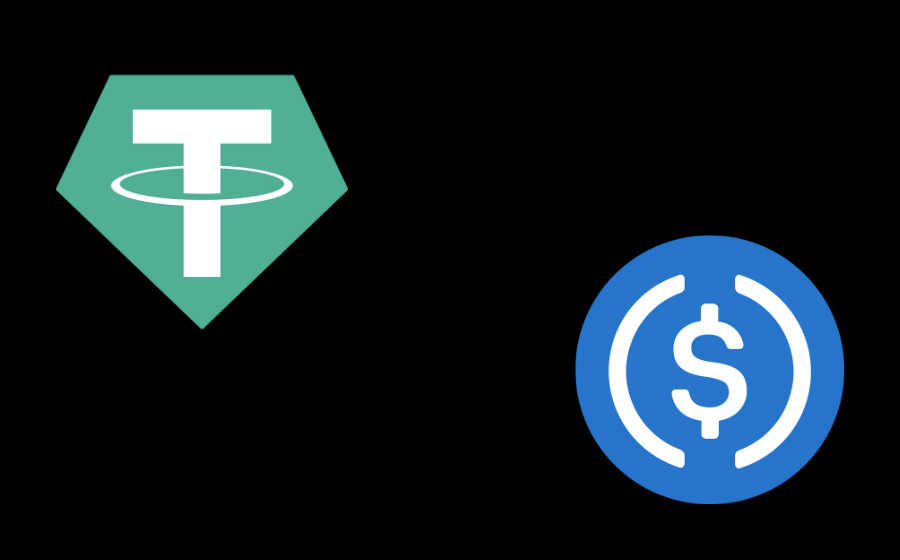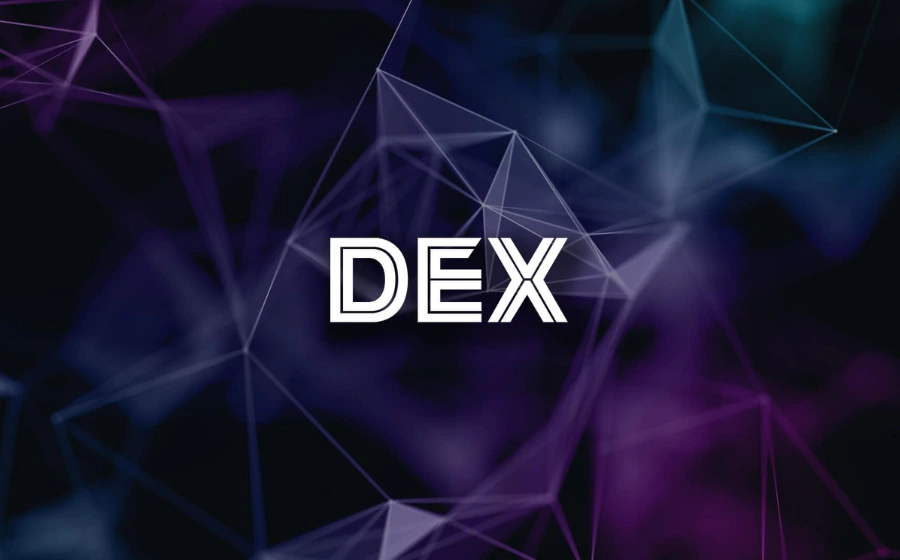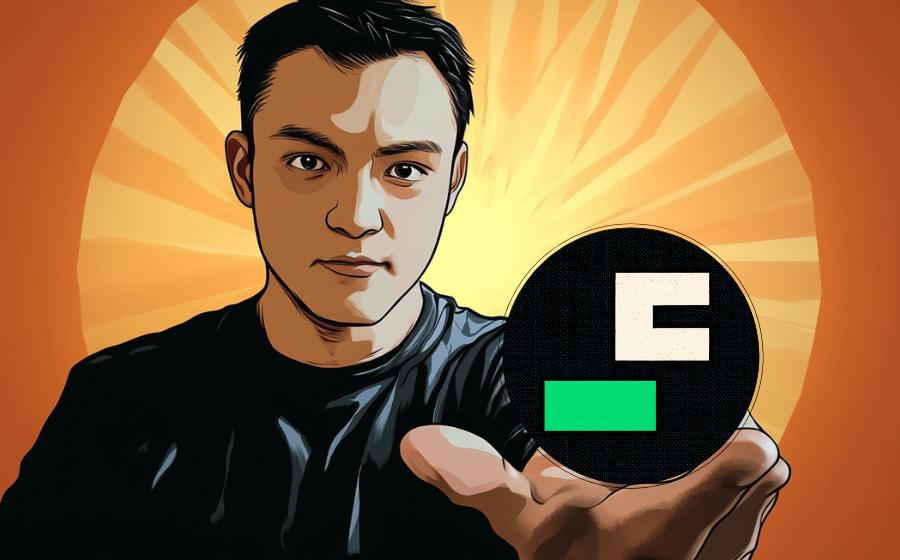
KEYTAKEAWAYS
- Justin Sun alleges First Digital Trust mishandled TUSD and is insolvent, fueling panic around FDUSD’s stability.
- FDUSD dropped over 12% before partially recovering, as FDT denied the claims and defended its reserve structure.
- The incident reignites industry-wide debate on centralized risks and the urgent need for tighter stablecoin regulation.

CONTENT
FDUSD faces volatility after Justin Sun accuses First Digital Trust of insolvency, sparking concerns over stablecoin transparency, reserve risks, and centralized control.
JUSTIN SUN EXPOSES ALLEGED INSOLVENCY AT FIRST DIGITAL TRUST
A recent controversy has shaken the stablecoin world after TRON founder Justin Sun publicly accused First Digital Trust (FDT), the issuer of FDUSD, of being insolvent. The claims, made via social platform X, have triggered concerns over the stability and credibility of the Hong Kong-based trust company.
First Digital Trust (FDT) is effectively insolvent and unable to fulfill client fund redemptions. I strongly recommend that users take immediate action to secure their assets. There are significant loopholes in both the trust licensing process in Hong Kong and the internal risk…
— H.E. Justin Sun 🍌 (@justinsuntron) April 2, 2025
According to Sun, FDT not only manages the reserves for FDUSD but also serves as the custodian for TrueUSD (TUSD). He alleges that FDT mishandled TUSD reserve funds, with over $501 million reportedly transferred to unauthorized entities, rendering the funds inaccessible. This operational failure, he argues, reveals that FDT is financially incapable of fulfilling redemption requests from clients.
These accusations follow a previously reported crisis involving TUSD. CoinDesk had revealed that FDT mistakenly moved $456 million of TUSD reserves to a Dubai-based commodities firm, Aria Commodities DMCC, resulting in a freeze of those assets. At the time, TUSD narrowly avoided collapse thanks to an emergency loan provided by Justin Sun himself.
Now, with FDUSD showing signs of depegging, market watchers are connecting the dots—suggesting that FDT’s financial woes may be far from over. Sun further criticized Hong Kong’s trust licensing process and flagged serious flaws in its financial oversight, urging regulators and law enforcement to step in before the damage worsens.
The depegging of FDUSD is no longer just a price fluctuation—it’s a symptom of deeper custodial and transparency risks within centralized stablecoins. This incident serves as a wake-up call for the crypto community: stability isn’t just about maintaining a 1:1 peg, but about how securely and responsibly those pegs are backed behind the scenes.
>>> More to read: FDUSD: Hong Kong’s USD Stablecoin
FDUSD MARKET TURMOIL: FROM SHARP DECOUPLING TO GRADUAL REBOUND
Following Justin Sun’s explosive claims, the price of FDUSD experienced extreme volatility—akin to a rollercoaster ride. On Binance, the FDUSD/USDT trading pair plummeted to as low as $0.8726, marking a Decoupling of over 12%, sending shockwaves through the market.
However, the situation began to stabilize after First Digital Trust (FDT) officially denied the insolvency allegations. Binance co-founder Yi He also took to social media to clarify that “Justin Sun is suing TUSD, not FDUSD,” further helping to ease investor concerns. As a result, FDUSD staged a partial recovery, trading back up to around $0.98 at the time of writing.
This dramatic Decoupling incident rattled the broader crypto market. The sharp price dip prompted many investors to question the reliability of stablecoins and the solvency of their issuers. In response, capital began flowing into other perceived safer assets, leading to a noticeable drop in overall crypto market liquidity.
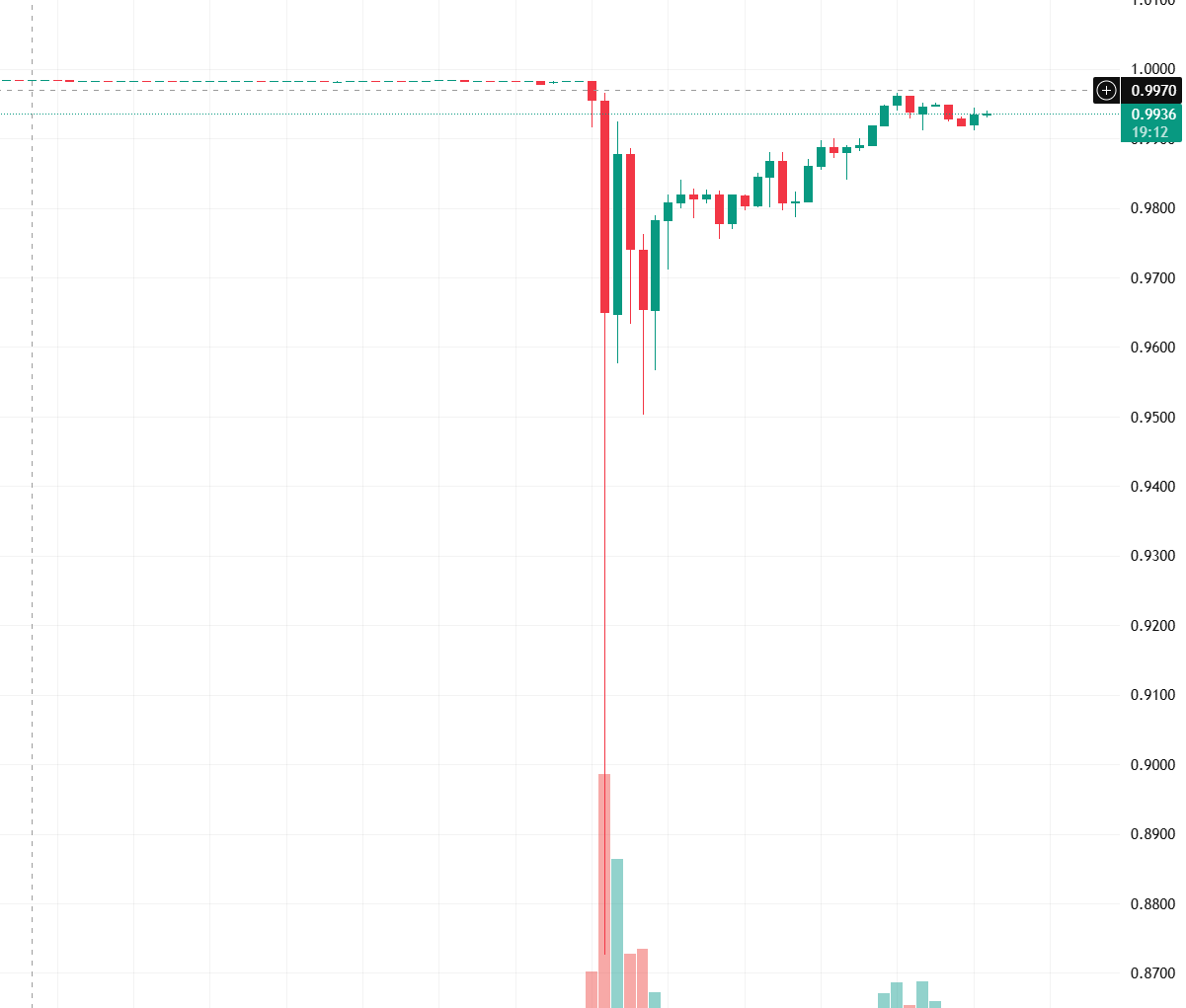
(Source:tradingview.com)
>>> More to read: What is Stablecoin ? Stable Virtual Assets
FDT RESPONDS: DENIES ALLEGATIONS, EMPHASIZES RESERVE TRANSPARENCY
In the wake of Justin Sun’s accusations, First Digital Trust (FDT) quickly issued a firm denial. CEO Vincent Chok released an official statement asserting that Sun’s claims were “entirely false” and that the dispute in question relates to TUSD, not FDUSD.
Chok emphasized that FDT remains fully solvent and that every dollar backing FDUSD is safe, reliable, and supported by U.S. Treasury securities. He added that the exact ISIN codes for FDUSD’s reserve assets are publicly listed in the company’s attestation report, ensuring transparency and accountability.
He went on to describe the incident as a “classic smear campaign” orchestrated by Justin Sun, aimed at discrediting a business competitor. According to Chok, Sun chose to escalate the TUSD matter on social media rather than through legal channels, thereby attempting to damage FDUSD’s reputation without due process. “As I previously told a CoinDesk reporter, we haven’t had the opportunity to present our side,” Chok added.
To reinforce its stance, FDT announced it would host a live AMA session on April 3 at 4:00 PM (local time) to directly address community concerns. The firm also hinted at pursuing legal action to defend its reputation.
The recent allegations by Justin Sun against First Digital Trust are completely false.
This dispute is with TUSD and not with $FDUSD. First Digital is completely solvent.
Every dollar backing $FDUSD is completely, secure, safe and accounted for with US backed T-Bills. The…
— First Digital (@FirstDigitalHQ) April 2, 2025
Still, the market response to FDT’s statement has been lukewarm. Skepticism lingers, largely due to FDT’s prior involvement in the mishandling of TUSD reserves, a Glassdoor-related commission controversy, and its previous partnership with Prime Trust—which itself faced a reported $85 million asset shortfall. These factors have collectively fueled ongoing investor unease surrounding FDUSD and its issuer.
>>> More to read: How U.S. Tariff Policies Might Impact the Crypto Market
BEHIND THE FDUSD DECOUPLING: A TRUST CRISIS IN THE STABLECOIN SECTOR
The recent FDUSD Decoupling has once again highlighted deep structural risks within the stablecoin industry, raising serious questions about transparency, regulation, and centralization in supposedly decentralized finance.
📌 Key issues exposed include
- Reserve Mismanagement: FDT allegedly diverted customer funds into high-risk offshore investments, violating the foundational promise of “1:1 reserve backing.”
- Lack of Oversight: Despite Hong Kong’s status as a global financial hub, its lax trust licensing standards may have enabled gaps in capital controls and fund misuse.
- Over-Reliance on Individuals: The crises surrounding both TUSD and FDUSD were temporarily stabilized only due to Justin Sun’s financial intervention—underscoring the paradox that DeFi still often hinges on centralized actors.
The standoff between Justin Sun and FDT may very well serve as a catalyst for faster regulatory action around the world. In the meantime, experts are offering several recommendations for users navigating the increasingly uncertain stablecoin space:
- Verify Reserve Transparency: Prioritize stablecoins that undergo regular audits and offer clear, public reserve disclosures (e.g., USDC).
- Diversify Holdings: Avoid concentrating assets in a single stablecoin and pay attention to the financial health of the issuer and its partners.
- Monitor Regulatory Shifts: Jurisdictions like Hong Kong and the U.S. are already tightening scrutiny of stablecoins. Regulatory compliance is likely to become a critical benchmark.
📌 Conclusion
The FDUSD Decoupling has not only shaken investor confidence—it’s also delivered a loud and clear wake-up call to the entire stablecoin sector. Whether Justin Sun’s allegations prove to be true or not, this episode has forced the industry to confront the uncomfortable truth: DeFi is still subject to centralized failures.
With both sides preparing for public responses and legal showdowns, the next few days will be pivotal. Whether this ends in recovery or a deeper unraveling depends on what comes to light—and we’ll be closely following the developments.














